To recognize the World Day of Social Justice on February 20th, Cheryl spoke with team members at the Innovation Hub to explore their views on social justice and how it appears in their everyday lives.
Written by Cheryl Nong, Research Coordinator, Honours Bachelor of Science, Psychology and Neuroscience Double Major
What is the World Day of Social Justice?
Social justice lies at the heart of much of our work at the Innovation Hub. In pursuing a university environment that encourages all students to succeed and thrive, we often discuss, analyze, and present the structural barriers that prevent students from reaching their goals.
February 20th, the World Day of Social Justice, was established in the spirit of recognizing and addressing fair labor standards, sustainable economic development, and social inclusion for all in a global world.
By building on years of work from groups like the International Labor Organization (ILO), the United Nations General Assembly adopted the international day in 2007. Since then, ILO and other organizations have commemorated this day through speaker events and panels, with experts in fields across the world exploring how policymakers and citizens can centre social justice at every level.
What Does Social Justice Mean to Students at the Innovation Hub?
The United Nations characterizes social justice through topics like human rights, poverty, and equal opportunities for school and work. To develop a fuller understanding of how students at the Innovation Hub think about social justice in their own lives, we asked for responses from our current team about what social justice means to them.
Overall, many students described social justice as revolving around core values of equity, dignity, and empathy. For instance, Tiffany Cao, Research Lead, wrote that social justice means “working toward an equitable world for everyone.” She added that efforts that focus on supporting a specific group can result in outcomes that “benefit everyone and challenges the current norms we have.” In design thinking, the practice of designing for edge cases reflects a similar philosophy—creating a product or service that caters to users with unique needs also helps fellow users who don’t share those needs.
Other team members discussed the methods and long-term goals they associate with social justice. Our Senior Project Assistant, Paul Kaita, wrote that the aim of social justice is to “reimagine a better and connected future,” particularly with change-making tools like advocacy and dialogue. Similarly, Hannah Katherine, Team Lead of the International Student First 48 Hours in Canada project, described how practicing empathy in everyday life can create a supportive environment where “everyone has the courage and autonomy to stand with others, not as competitors but as equals who seek to understand and celebrate each other’s uniqueness.”
Some team members highlighted specific situations where they put social justice into practice. These contexts varied widely from person to person and within each team member. For example, Tiffany observed that in her perspective, “social justice themes really do show up everywhere, from the media I consume and learn from to the jobs I pursue!”
Amelia Di Meo, Team Lead of the Commuter Student Spaces project, discussed how she’s employed equity as a principle of social justice while conducting design research at the Innovation Hub. Amelia described running focus group sessions dedicated to platforming students from certain equity-deserving groups, including students living with disabilities and Black-identifying students. Amelia explained that by “creating opportunities for the voices of students from equity-deserving populations to be heard and amplified, we can take the first step towards imparting change that is inclusive for all.”
Arooj Khan, a Design Researcher on the Experiences of Students Who Are Also Parents project, expressed that equitable access to education for all children is an issue that lies at the centre of her understanding of social justice. In her studies as a Master of Education student, she described learning deeply about structural factors that affect a person’s ability to pursue education, such as socioeconomic status, geographic location, and ethnicity. Arooj stated that “advocating for social justice means working tirelessly towards challenging and dismantling the barriers that stand between children and their dreams.”
“To me social justice is more than a concept,” Arooj wrote. “It is a guiding principle that shapes how I view the world and what role I play within it.”
What Can Social Justice Look Like?
After reading the remarks from our team members, I found myself wondering about the role that social justice plays in my own life. When I first entered university, I didn’t necessarily choose my degree to pursue a vision for a more equitable world, nor did I imagine myself chasing a career in advocacy or social work.
With some further reflection, I realized that while my initial vision hadn’t originally centered on social justice, I still found ways to integrate activism into and around my degree. For example, I spent much of my undergrad volunteering in my community and tried to dedicate time and effort to causes that mattered to me, such as post-secondary access for underrepresented high schoolers and peer support for queer students at U of T.
My conversations with team members revealed the myriad ways that social justice can be integrated into a person’s worldview and lifestyle. Our team members demonstrated that to them, social justice doesn’t always require a social justice degree or a lifelong career to be meaningful—it can be embodied every day through acts of empathy, solidarity, and thoughtful design.
In her closing remarks at the launch of the first World Day of Social Justice in 2009, Rachel Mayanja, Assistant-Secretary-General, DESA, said, “Perhaps the most telling is that we are all responsible for social justice, the governments, civil society, employees and workers’ organizations and ordinary citizens. I hope that this event inspired and encouraged you all not only to reflect on the importance of social justice but to effectively promote it in your respective communities for a better future with dignity and prosperity for all.”
References
ILO Declaration on Social Justice for a Fair Globalization. (n.d.). [Document]. International Labor Organization. Retrieved February 15, 2024, from http://www.ilo.org/global/about-the-ilo/mission-and-objectives/WCMS_099766/lang–en/index.htm
Mayanja, R. (2009, February 10). Launch of the World Day of Social Justice. https://www.un.org/esa/socdev/social/intldays/IntlJustice/launch10Feb09/statement_Mayanja.pdf
Remer, K. (2019, December 4). Designing for Inclusion & Accessibility: The Giant List of Use Cases. June UX. https://juneux.com/blog/2019/12/the-giant-list-of-edge-cases/
World Day of Social Justice. (n.d.-a). United Nations; United Nations. Retrieved February 15, 2024, from https://www.un.org/en/observances/social-justice-day
World Day of Social Justice. (n.d.-b). International Labor Organization | Live. Retrieved February 15, 2024, from https://live.ilo.org/events/world-day-social-justice-2024-02
Contributors
Hannah Katherine, Design Research Team Lead, Honours Bachelor of Arts, Literature and Critical theory, Creative Expression in Society, French
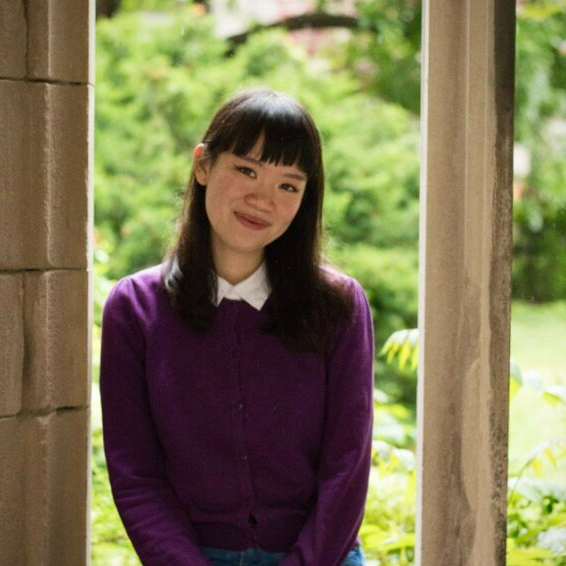
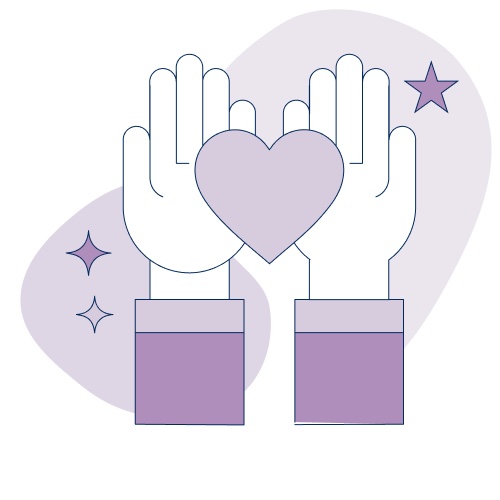


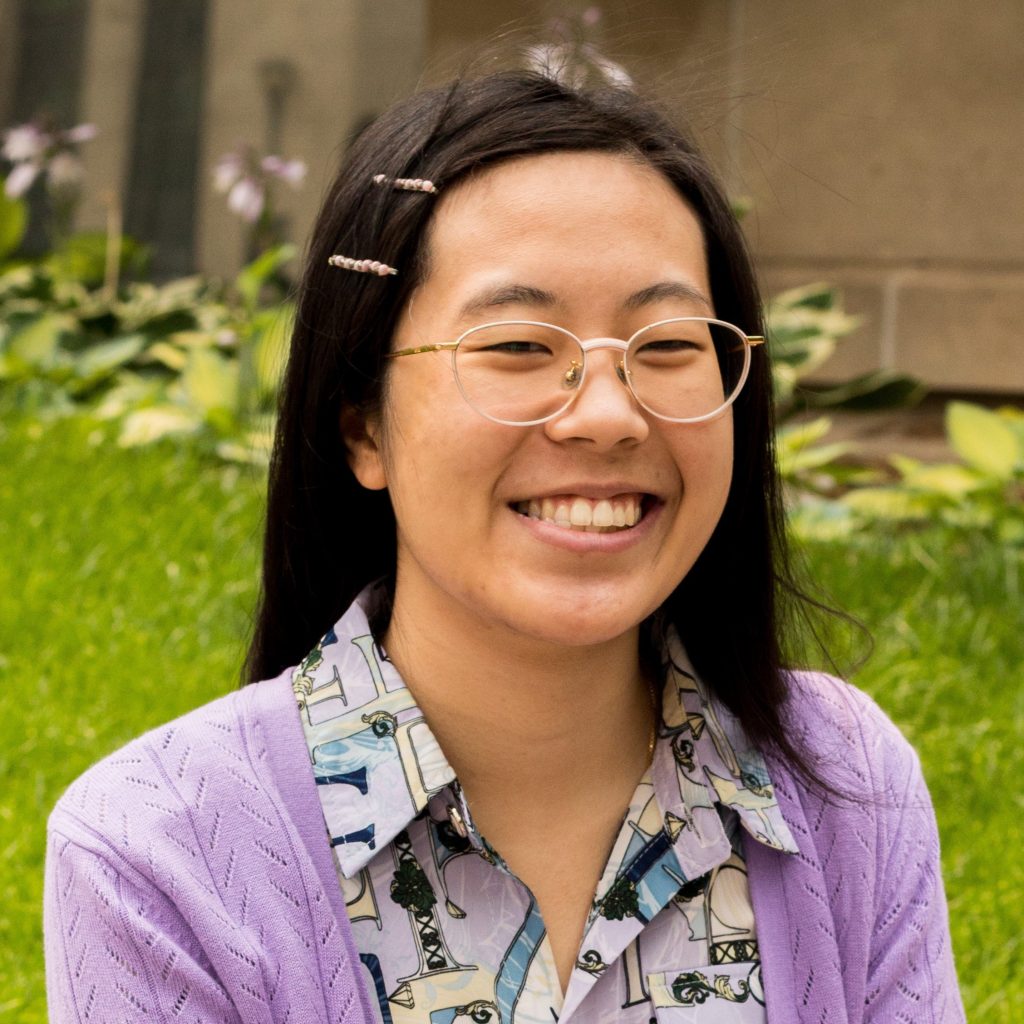
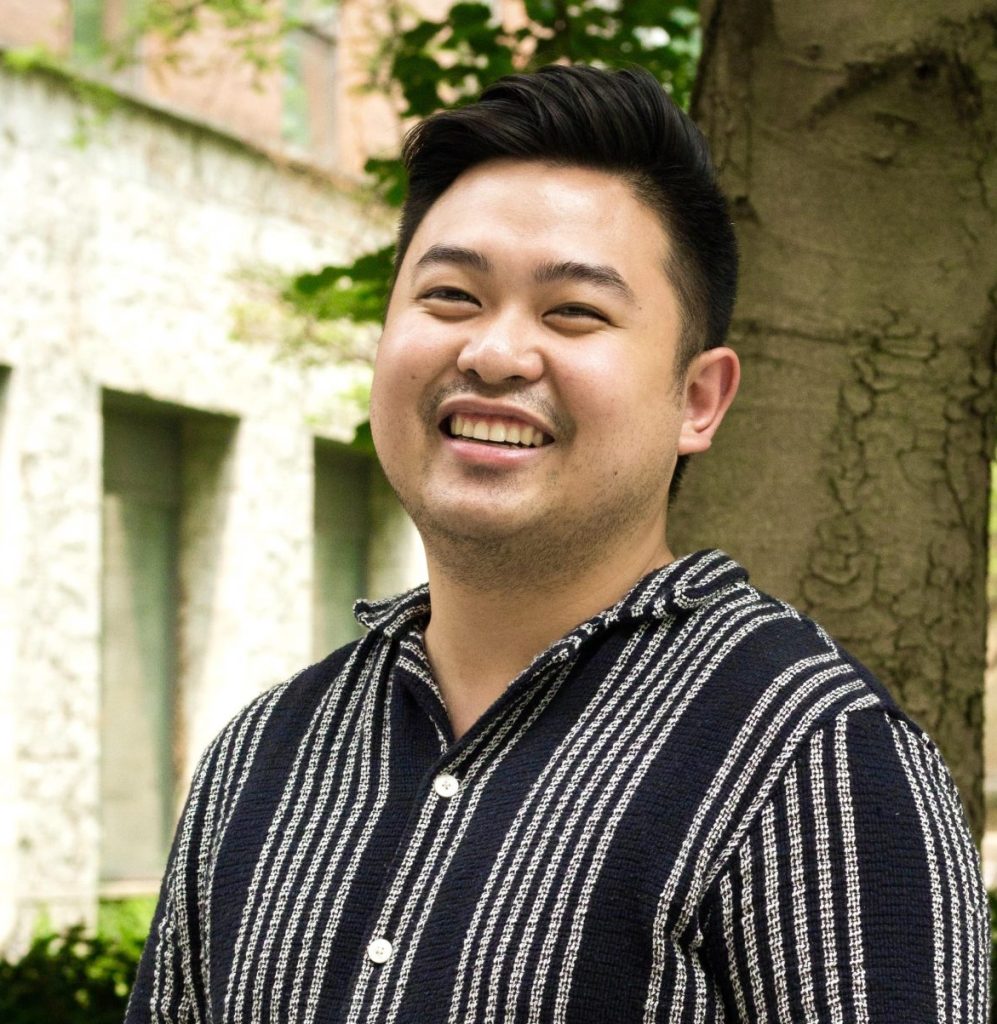
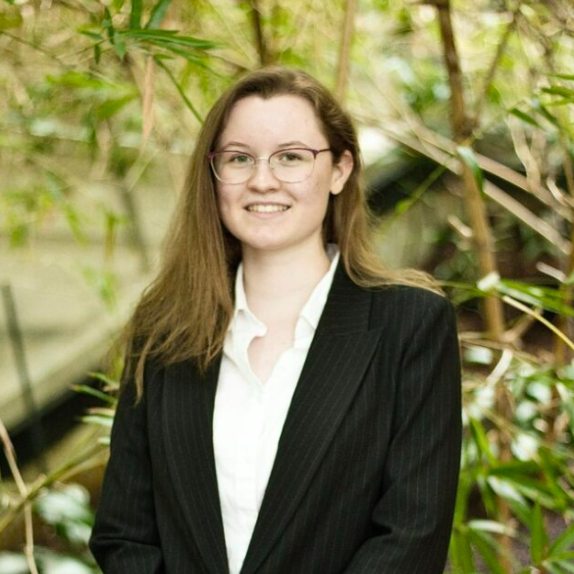
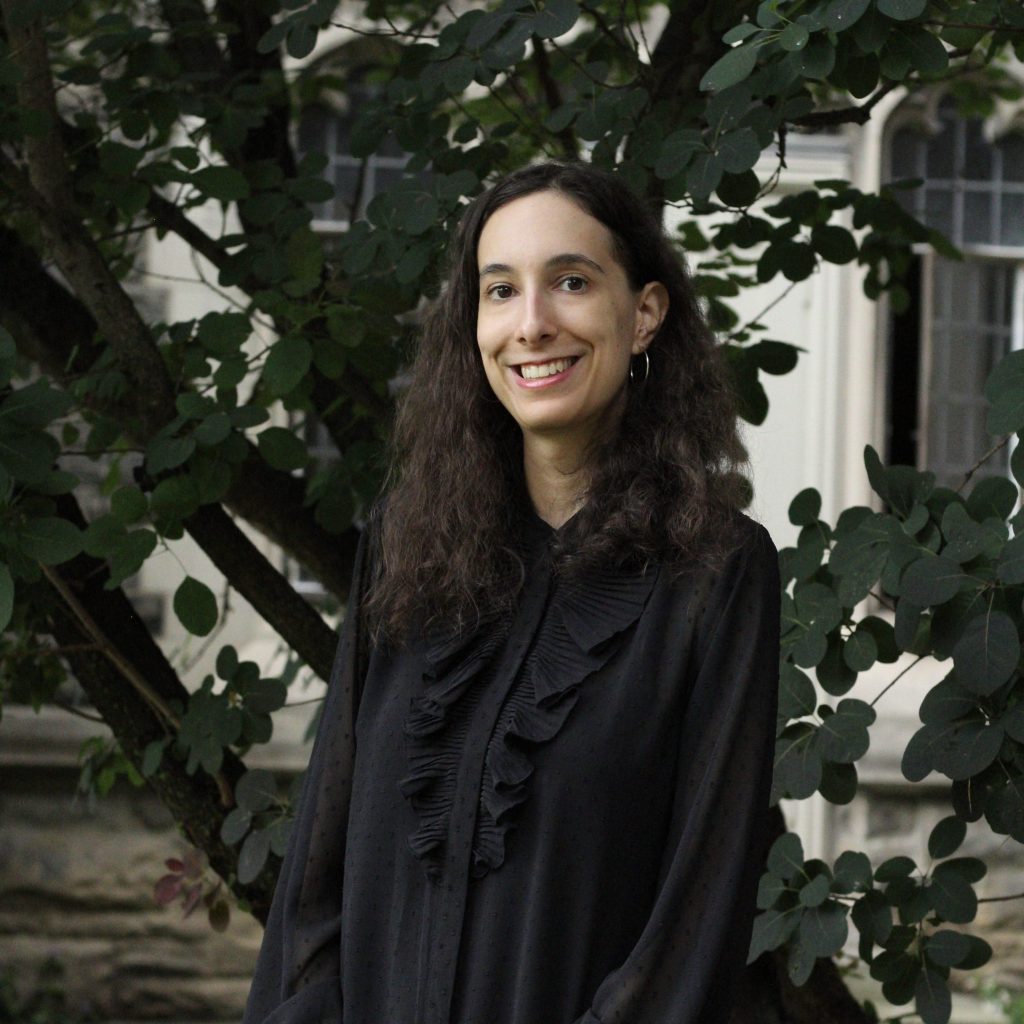
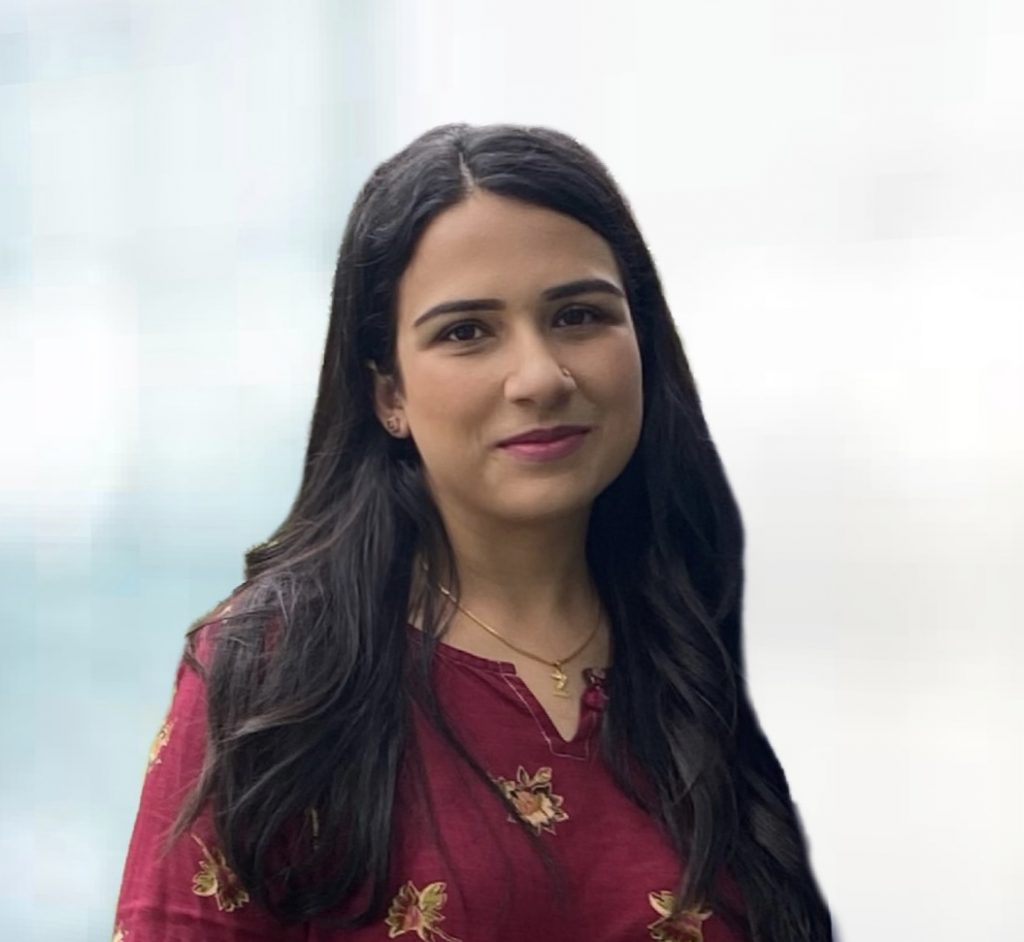
0 comments on “World Day of Social Justice ”